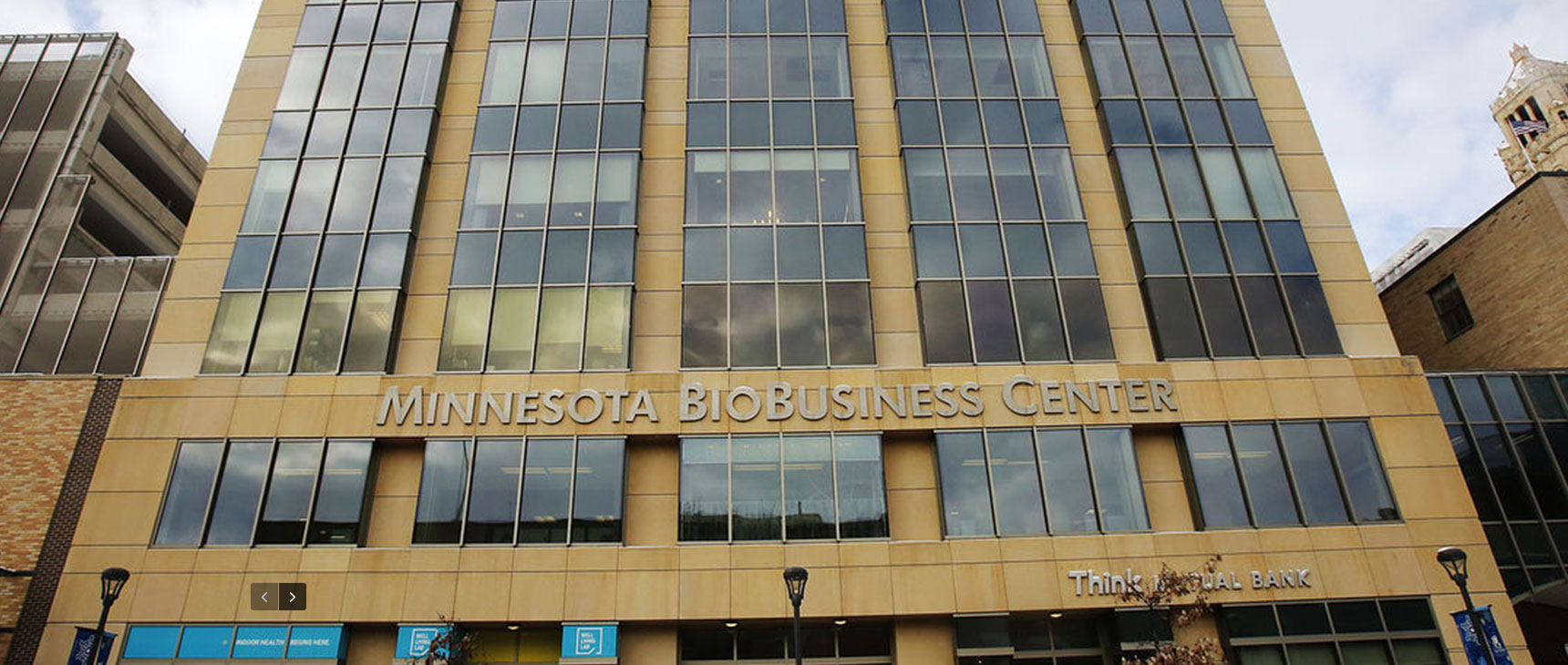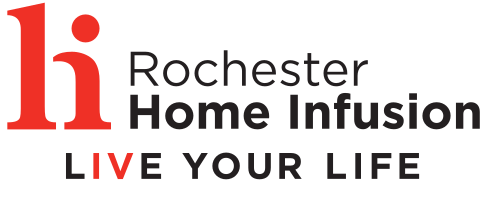
On a sunny, cold December day in 2007, then-Gov. Tim Pawlenty and a group of city and state leaders gathered on Rochester's First Avenue to break ground for the Minnesota BioBusiness Center.
The idea was to create a city-owned office building to help energize the biobusiness industry in Rochester and spur more activity in downtown Rochester. The hope was that it would help keep Mayo Clinic-related businesses in Rochester instead of watching them go other states, as in the past.
The original plan was to build a three-story building, but then Mayo Clinic signed a lease for five floors in 2005. The state gave Rochester $8 million to expand the First Avenue parking ramp and connect it to the new building. The city purchased the former Iridescent House antique store and an adjacent office building for $3.2 million and demolished them to clear the way for the project.
The city-owned, $27 million, eight-story building at 221 First Ave. SW is currently 99 percent leased by many small companies as well as the main tenant, Mayo Clinic. Overall, the building has housed almost 30 businesses, some of which have outgrown it.
Prior to the rise of Destination Medical Center, the Minnesota BioBusiness Center represents the first public-private project involving the city, RAEDI, the state of Minnesota and Mayo Clinic.
"It really did jump-start a stronger partnership between Mayo and the city," Assistant City Administrator Gary Neumann said.
Gary Smith, president of the Rochester Area Economic Development Inc. describes the project as an important piece in Rochester's economic quilt. "It kind of set the stage about what has to happen," he said. "Before this building, we talked a lot, but did little in Rochester. The Minnesota BioBusiness Center was the first thing we actually did."
Next up: Discovery Square
Now that project, which originated right before the recession, is positioned as something that will fit in with DMC's proposed Discovery Square. Most of the medical related businesses in the building have direct ties to Mayo Clinic. However, some like Joselyn Raymundo's Rochester Home Infusion, are independent businesses that work with Mayo Clinic as well as other health care providers.
Raymundo said she was inspired to open her business, because Rochester is "underserved" by her industry. Her business, which provides intravenous medicine for people in their homes, is the only one of its kind based in Rochester. Her competitors, which also offer local services, are all based in the Twin Cities. That gives her business a much quicker reaction time, she said. She opened her business on the first floor of the First Avenue building at the start of 2014 with just one employee.
"I really wanted to be in the middle of action. It was a very strategic move for us to go in the BioBusiness center," she said. "It was great opportunity for connectivity and networking with businesses connected with Mayo Clinic." Since then, Rochester Home Infusion has worked with more than 400 patients through Minnesota, Iowa and South Dakota. Today she has 12 and is looking more for her growing business.
Stem-cell business
The center has been a site for growth for other businesses, like ReGen Theranostics and GoRout.
ReGen, which licenses technology to create adult stem-cell lines from Mayo Clinic, opened in 2010 in 1,600 square feet of space on the third floor. In 2015, it outgrew the BioBusiness Center space and moved into 5,200 square feet of space in the 41st Street Professional Campus.
It had eight employees when it moved and expects grow to 13 workers within two years.
"It costs a lot more money to be downtown," Smith said last year. "It actually makes a lot sense for them to move to a space that's better to grow in."
GoRout, which creates and sell on-field football computer technology, started in 2014 under the name Repetix in the Mayo Clinic Business Accelerator in the BioBusiness Center. By August 2015, it had outgrown the space and the re-named GoRout moved to 4 Third St. SW, above the Grand Rounds Brew Pub. GoRout Founder and CEO Mike Rolih now has five employees in Rochester and is recruiting sales representatives across the country.
Soon after it opened, the Minnesota BioBusiness Center was criticized by local commercial Realtors and developers for unfair competition by the city that hurt the private sector.
As leader of RAEDI, Smith understands the criticism. However, he says this is situation is not typical.
"The private sector would never have built that building in the time it was done. Of course, though, a balance needs to be struck," he said.
Mayo Clinic lease income
The reason the city could build the Minnesota BioBusiness Center, beside the $8 million boost from the state, was the guaranteed lease income from Mayo Clinic. While the more 300 Mayo Clinic jobs in the Minnesota BioBusiness Center would have existed without the building, the project has been benefited the state's largest employer.
"Our activities in the space have led to an expansion of our staff. Likely, we can't attribute that solely to the building, but it has helped," said Mayo Clinic spokeswoman Susan Barber Lindquist. "The BioBusiness Center has been a focal point for entrepreneurism and biobusiness in Rochester."
Without the Biobusiness Center, "We would have needed to lease a building from another party," she added.
Check out the article in the Post Bulletin.



 Blog
Blog
 Sep 22, 2016
Sep 22, 2016
 Rochester Home Infusion
Rochester Home Infusion


